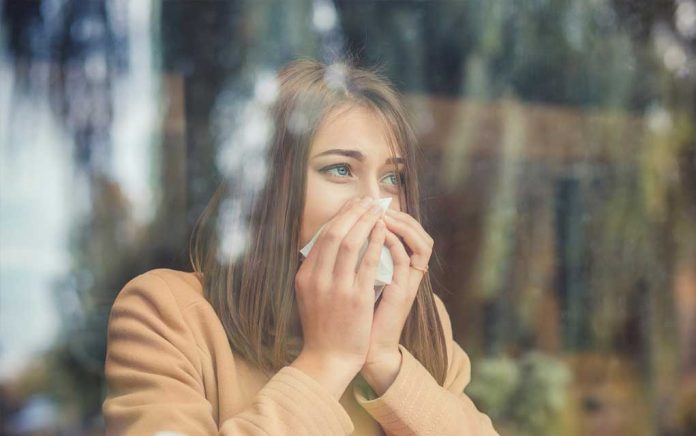
Allergy season has already been a burden upon many sufferers this year, but an early start may or may not mean an early finish. If you are one of the sneezing, sniffling, eye-rubbing, worn out masses, here are some simple things that you can do to ease your symptoms.
1. Reduce Exposure to Allergens in the Home
I hate cleaning, but dusting and vacuuming your home regularly can help to get rid of allergens like pet hair, dust, pollen, and pollutants. Vinegar can help to prevent mould from building on surfaces that get wet and humid, such as windowsills.
2. Rinse Your Nasal Passages
Allergen irritants can be rinsed out of your nasal passages using a simple warm saline solution. There are many tools you can choose from to do so, including traditional neti pots, small spouted squeeze bottles, and specially made devices like the Nasaline syringe.
3. Drink Tea
Histamines are released during an allergic reaction. Green tea and chamomile tea both contain natural antihistamines that can help the immune system [Editor's note: avoid chamomile if you have ragweed allergies.]
4. Avoid Foods that Irritate the Immune System
According to Traditional Chinese Medicine, foods that produce mucus and dampness can exacerbate allergies. Those foods include dairy, too many cold and raw foods, and too many simple sugars. With these things in mind, you can see that ice cream is the ultimate evil. Other potential immune system irritants are common food allergens like corn, citrus, peanuts, soy, shellfish, wheat, and the nightshade vegetables, such as tomatoes, peppers, and eggplants. This doesn't mean that all these foods are bad for you, but they are ones to keep an eye on and limit or avoid when your allergies flare.
5. Eat Foods that Help Boost the Immune System
Leafy green veggies are your friends. Berries and cherries help balance the body's immune and inflammatory response. Remember to wash your foods well to remove chemical and pesticide residues. Eat more foods rich in omega-3 essential fatty acids, including flax seed, wild salmon, and fish oil supplements. Choose whole grains instead of processed grains, such as brown rice rather than white rice. Choose sprouted grain breads instead of flour-based breads for easier digestion. Choose ancient grains like quinoa, amaranth, millet, and spelt instead of only wheat. Use spices like turmeric, garlic, oregano, basil, horseradish, and white pepper, organic whenever possible.
6. Stay Hydrated
Water is important to keep the sinuses hydrated and essential for proper lymphatic drainage. Drink fluids at room temperature or warmer (try squirting some lemon juice into warm water for a hydration boost).
7. Try Self-Acupressure Massage
Make sure you wash your hands first so as not to add more allergens from your hands to your nose. The acupressure point "Welcome Fragrance" is positioned on either side of the nostrils, where the nose and cheek meet. Use your index fingers to press those points for two to three minutes while taking slow, deep breaths.
8. Consider Traditional Chinese Medicine
Acupuncture and Chinese herbs can help treat allergies. In a study published in the journal Allergy in 2004, patients suffering from allergic rhinitis were treated with acupuncture and herbs, and those with hay fever symptoms showed "significant after-treatment improvement."
Photo Credit: parrchristy




